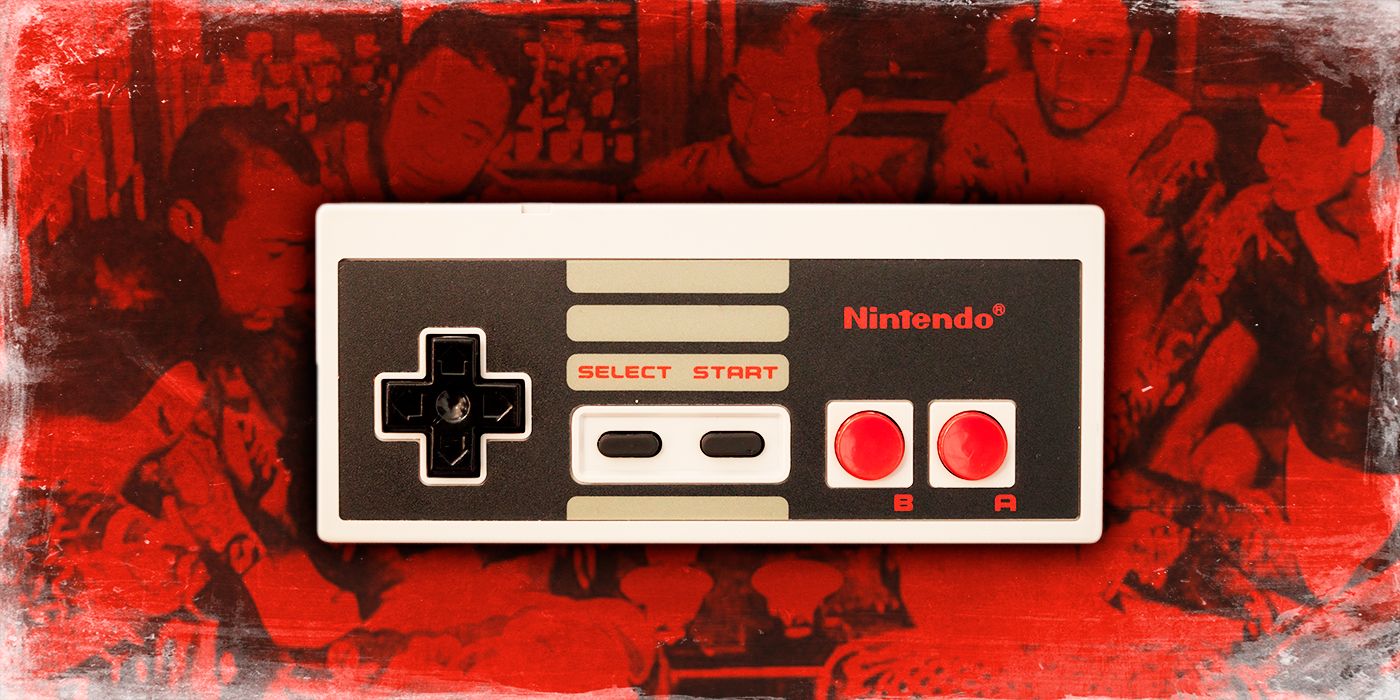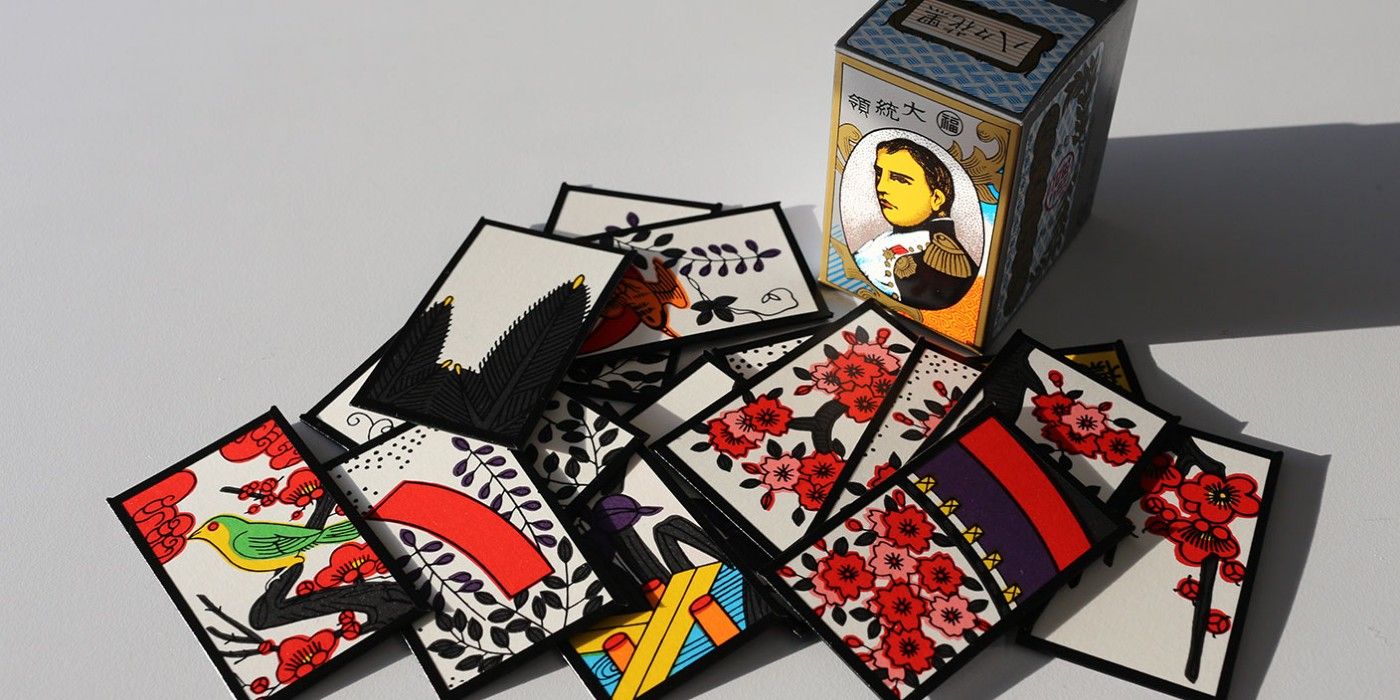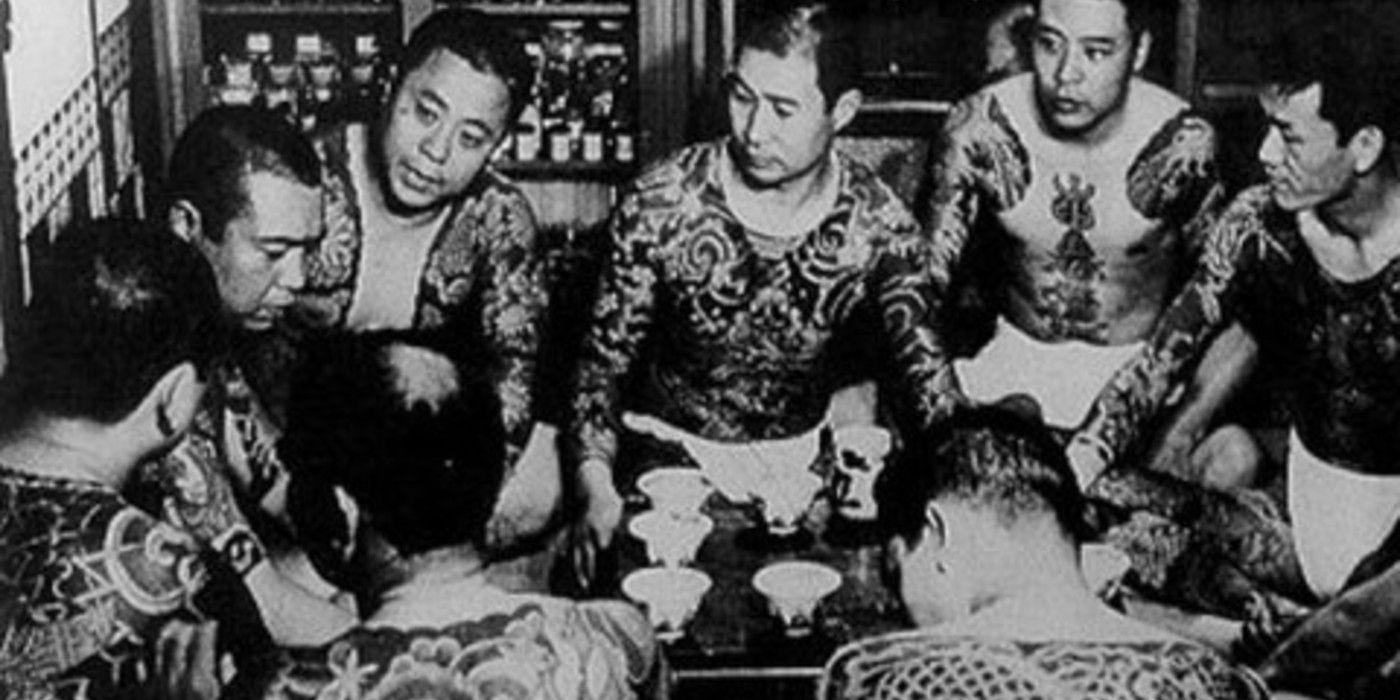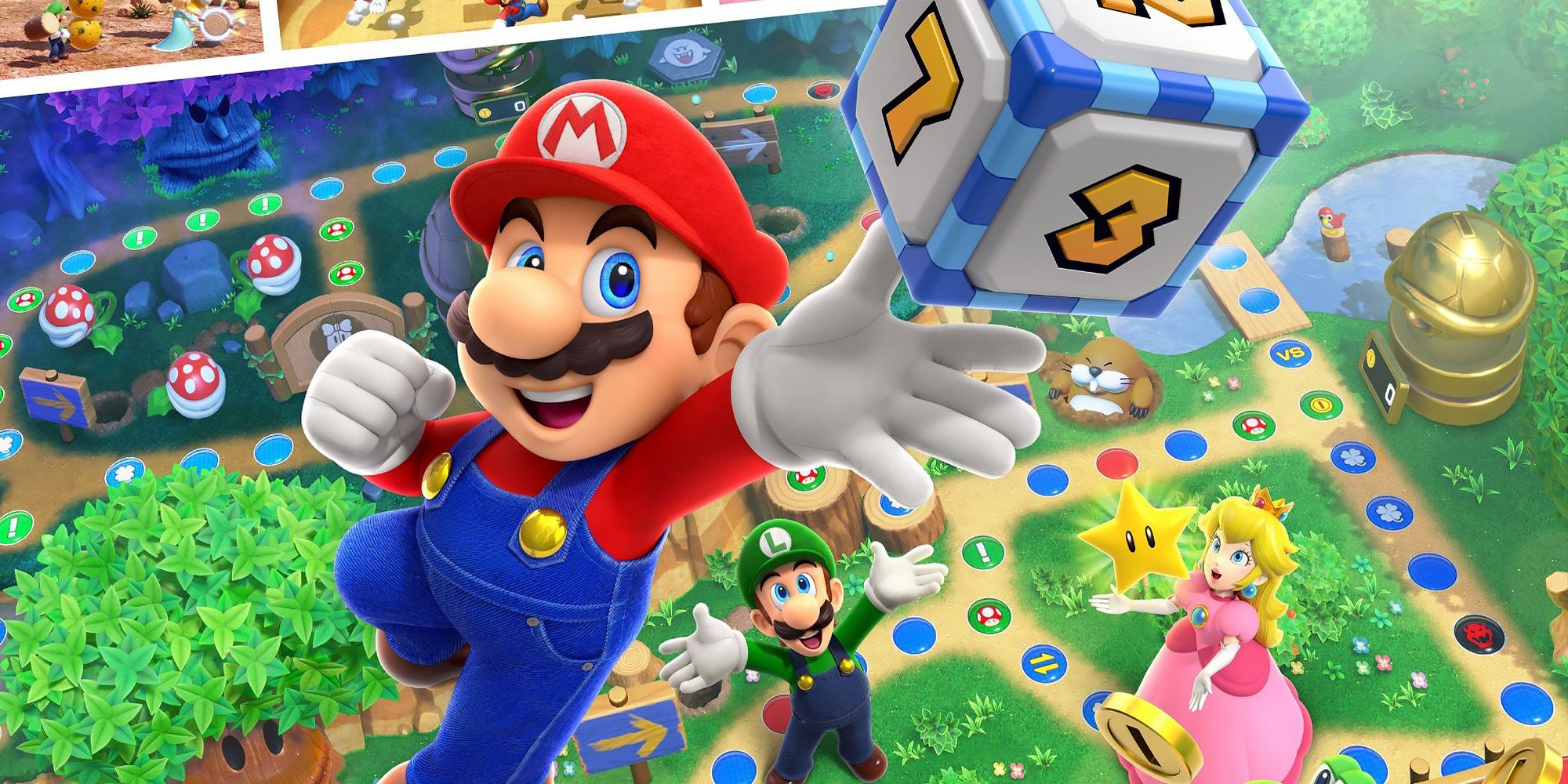Summary
- Nintendo's origins with the Yakuza helped shape the company into the family-friendly gaming giant it is today.
- From manufacturing hanafuda cards to love hotels, Nintendo had a controversial past before entering the video game industry.
- Despite initial ties with the Yakuza, Nintendo has become synonymous with wholesome gaming experiences over the years.
Since entering the video game market in the 1970s, Nintendo has maintained a very family-friendly image. Between manufacturing some of the 1980s most exciting arcade games to branching off into handheld systems and home consoles, it's safe to say Nintendo has become one of the gaming industry's most prolific contributors. This is namely thanks to game franchises such as Super Mario Bros., among others. However, the company hasn't always been so squeaky clean. Nintendo had dealings with the Yakuza early in the company's development.
Although Nintendo severed its ties with the Yakuza years before entering into the video game industry, the infamous criminal organization still helped the company become what it is today. Nintendo had its hands in a variety of different businesses before jumping into video games. In 1889, Nintendo started out by manufacturing hanafuda cards, which are nature-themed picture cards. After the government banned gambling due to an uptick in crime revolving around the many casinos scattered across Japan, Nintendo started making these illustrated cards instead of traditional playing cards.
Updated by Timothy Blake Donohoo on April 3, 2024: Nowadays, Nintendo is mostly seen as the premiere "family-friendly" video game developer, with the company synonymous with wholesome gaming fare. The company's name is also hand-in-hand with video games as a whole, though their initial efforts were far different. Back when Nintendo developed playing cards — long before the release of the Nintendo Entertainment System — the company actually worked with the Japanese mafia. Since then, these ties between Nintendo and the Yakuza have been severed, though it's a notably dark origin story for such an otherwise "kiddy" company.
Nintendo's Hanafuda Cards And The Yakuza
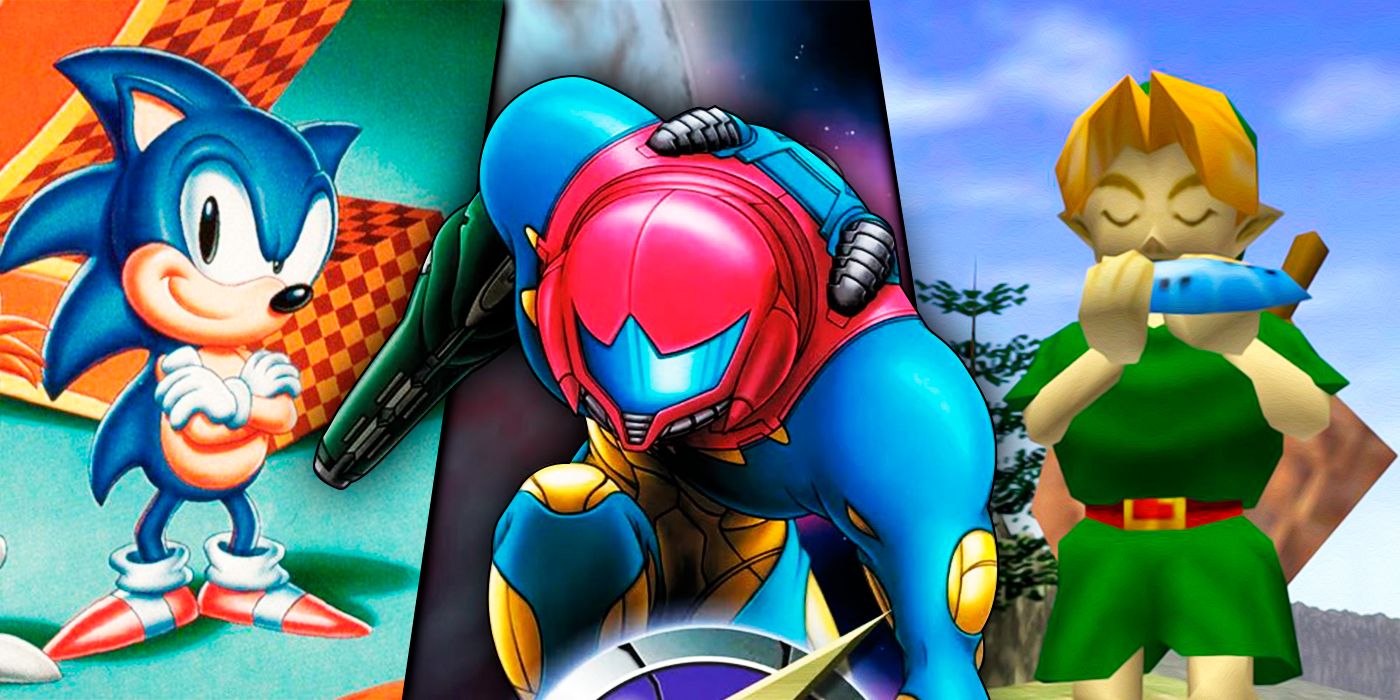
Must-Play Classic Games Included In Nintendo Switch Online
Nintendo Switch Online offers players a trip down memory lane with these must-play classic games.Unlike playing cards, hanafuda cards weren't outlawed because they didn't have any numbers on them. Fusajiro Yamauchi began manufacturing cards specifically designed for Western export only, but Japanese customers went wild over them. It didn't take long for the Yakuza and other criminal organizations to invent a new form of gambling involving the colorful cards, which was named hanafuda after the cards themselves.
When hanafuda started to become affiliated with the criminal underworld, many manufacturers stopped making the cards in the hopes of maintaining their image. But unlike most of its rivals, Nintendo saw the dwindling industry as an opportunity and shifted its focus to hanafuda cards. Nintendo quickly became Japan's most prominent hanafuda card manufacturer — and the Yakuza were its biggest customers. Unfortunately, this led to some bad press, as Yakuza hanafuda games often ended in violence.
Fusajiro Yamauchi prevailed, nonetheless, and by 1933 the company he launched was reestablished as Yamauchi Nintendo and Company. Sadly, that wasn't the company's last affiliation with the Japanese mafia, with Nintendo and the Yakuza continuing to work together decades later.
Nintendo And The Yakuza During The 1960s
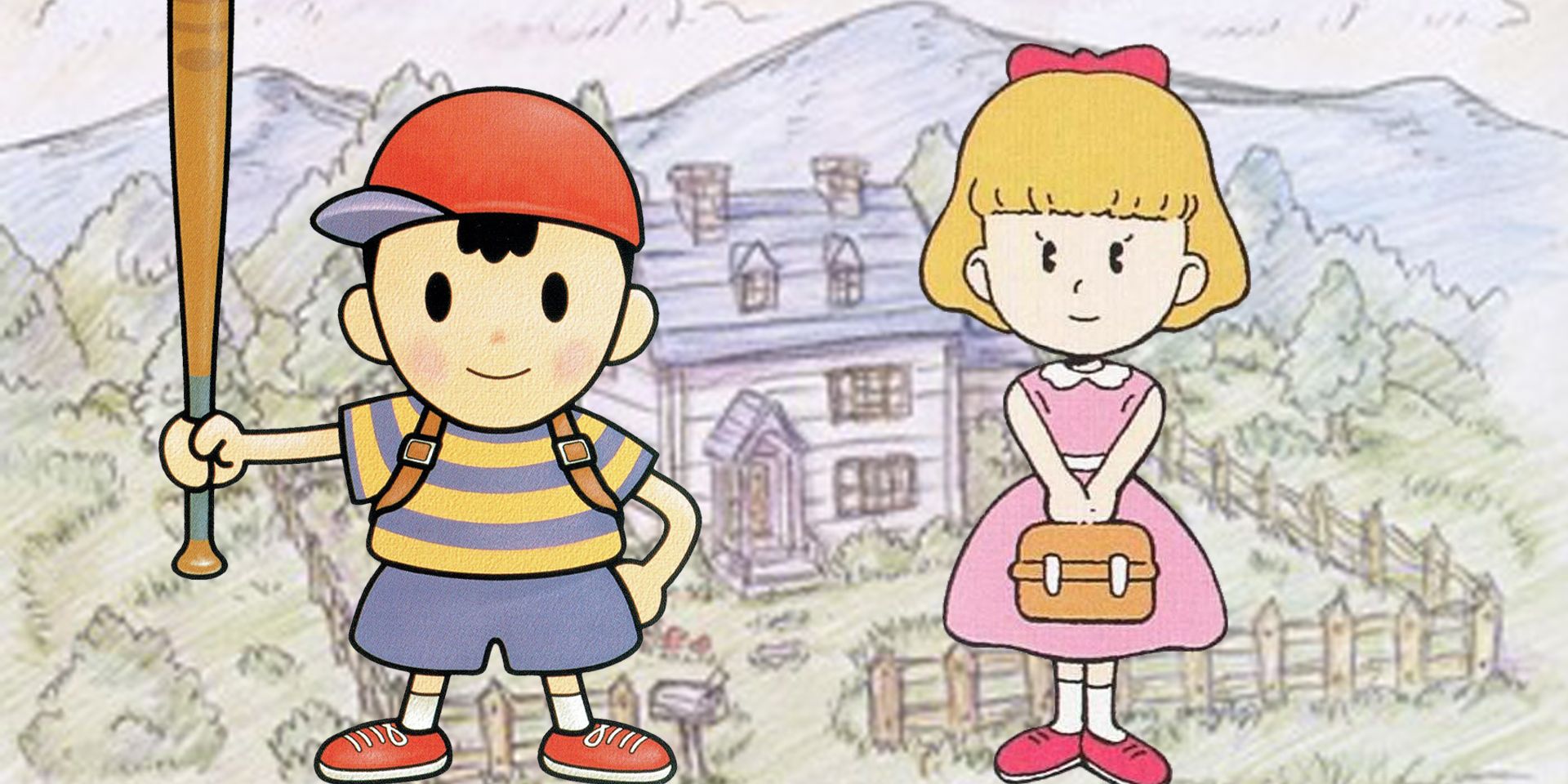
Nintendo’s Most Obscure RPG Gets New G-Shock Watch In Japan
A new G-SHOCK watch based on the Mother series is releasing in Japan to celebrate the 30th anniversary of the iconic Super Nintendo game, Earthbound.By the 1960s, Nintendo became wildly successful, earning enough cash to venture out into other moneymaking enterprises. They explored a multitude of options, ranging from instant rice manufacturing to its own taxicab service. The Yakuza had no interest in Nintendo's dealings until the company entered into the love hotel business in the mid-1960s. Nintendo opened up several buildings that offered rentable rooms for couples to have sex in, with the concept enticing the Japanese mafia.
The Yakuza wanted to strike a deal with Nintendo that would allow their prostitutes to use the company's newly acquired hotels to conduct business transactions. Given the Yakuza's reputation, Nintendo didn't really have a choice and turned a blind eye to the mafia organization's unsavory escapades. The criminal activity eventually got out of hand, as Yakuza members started running gambling rackets using the love hotels as cover. Despite the gang bringing business to Nintendo's string of love hotels (although it probably wasn't the kind of business Nintendo actually wanted), the Big N left the industry and the Yakuza behind in the late 1960s.
Shortly after quitting the love hotel industry, Nintendo decided to focus its attention on toy manufacturing. By the 1970s, the electronics industry was starting to expand and would inevitably explode by the end of the decade. The company found great success in the toy industry and its decision to explore electronics allowed it to build a reputation as a premier family-friendly video game publisher — despite the checkered history between Nintendo and the Yakuza.
Nintendo's Voyage Into Video Games
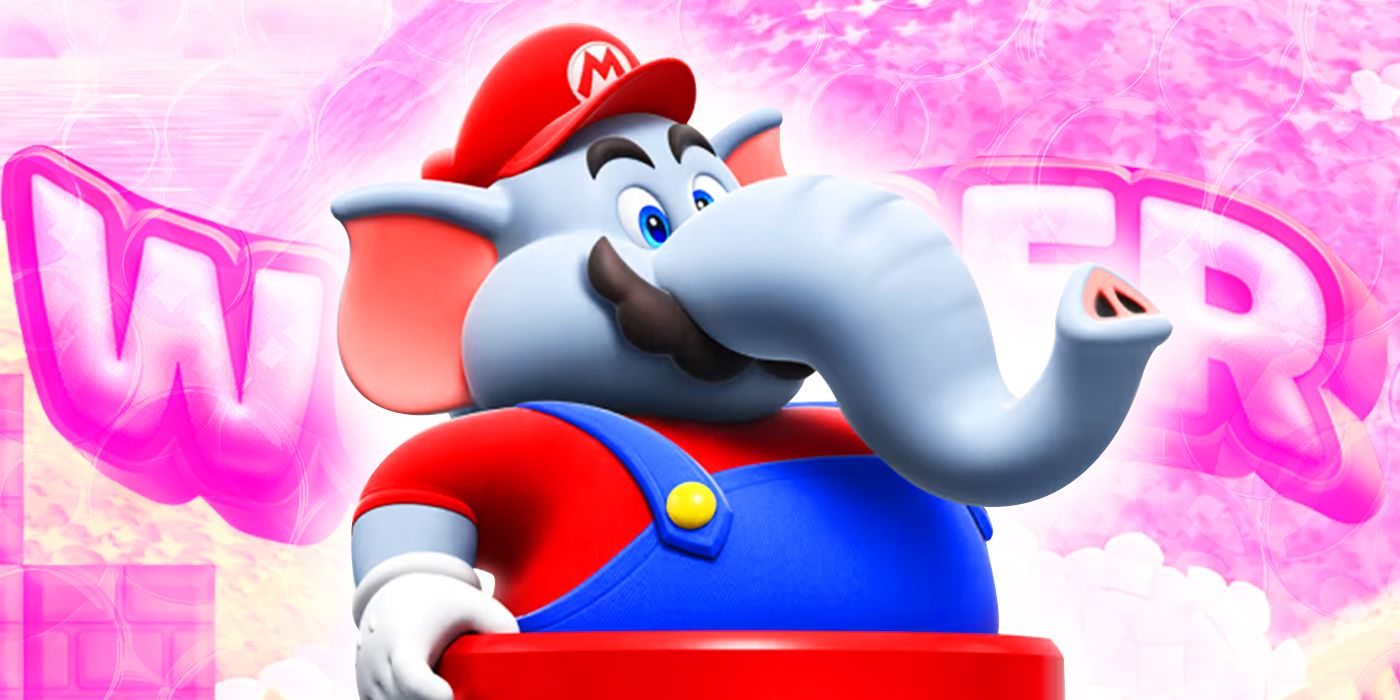
Nintendo Files More Patents for Mario Wonder and Zelda: TOTK
Nintendo files more patents for its cornerstone properties, Super Mario Bros. Wonder and The Legend of Zelda: Tears of the Kingdom.The 1970s saw Nintendo trying to emulate the success of Atari, releasing electronic "toys" such as Color TV-Game. This forgotten hardware was actually the first Nintendo video game console, but it was far from the last. The early 1980s saw the release of the Game & Watch, with this family of hardware being the company's first foray into handheld gaming.
Attempts to jump into the growing arcade scene were initially unsuccessful, with Radar Scope being a notable bomb. Thankfully, the ingenuity of a young developer named Shigeru Miyamoto led to the release of the arcade classic, Donkey Kong. Not only did it cement many of the trappings of the platformer video game genre, but its hero — originally named Jumpman — became the company's mascot, Mario.
Following the video game crash of 1983, the industry as a whole seemed doomed. To this end, the Famicom (Family Computer), a video game home console released in Japan, was rebranded by Nintendo as more of a "toy" when it was brought to the West as the Nintendo Entertainment System. This system and hit titles such as Super Mario Bros. and The Legend of Zelda put the medium back on the map, with Nintendo ruling video games for the rest of the decade. Similar success was found in the early 1990s, but this decade also laid the path for Nintendo's eventual "kiddy" image.
Nintendo Is Seen As A "Kid-Friendly" Video Game Company
|
Nintendo's Most Family-Friendly Franchises |
||
|---|---|---|
|
Franchise |
First Entry |
Latest Entry |
|
Super Mario Bros. |
Super Mario Bros. |
Super Mario Wonder |
|
Mario Kart |
Super Mario Kart |
Mario Kart 8 |
|
Mario Party |
Mario Party |
Mario Party Superstars |
|
Pikmin |
Pikmin |
Pikmin 4 |
|
Donkey Kong |
Donkey Kong |
Donkey Kong Country: Tropical Freeze |
|
Yoshi |
Super Mario World 2: Yoshi's Island |
Yoshi's Crafted World |
|
Animal Crossing |
Animal Crossing |
Animal Crossing: New Horizons |
|
Kirby |
Kirby's Dreamland |
Kirby and the Forgotten Land |
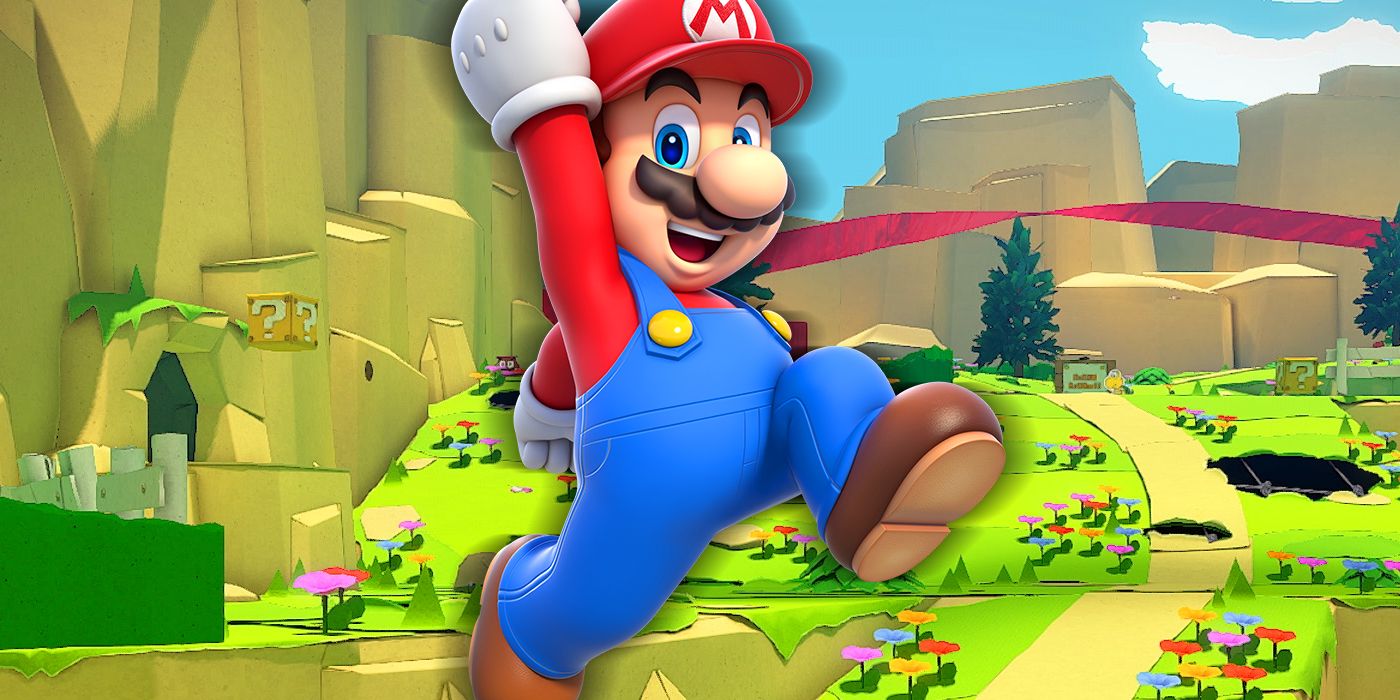
Shockingly, Super Mario ISN'T Italian - He's Japanese
Fans have been certain of Super Mario's background for decades, but one former Nintendo employee has cast doubt on those origins now.The Super Nintendo Entertainment System was a major hit in the 1990s, but Nintendo also found stiff competition in the form of Sega and the Sega Genesis (called the Mega-Drive in Japan). Most notably, Mario gained a new rival through Sega's Sonic the Hedgehog, with the spiky rodent's bad attitude and "cool" nature giving Sega a noticeable cultural edge. This continued into the late 1990s when a failed concept for a new Nintendo console instead became the original Sony PlayStation. Third-party video game developers flocked to Sony's hardware given their previous treatment by Nintendo.
The result was that blockbuster hits such as Final Fantasy VII eschewing Nintendo consoles entirely. The main titles on the Nintendo 64 and the later Gamecube were first-party games in the Mario, Mario Kart, Yoshi, Donkey Kong, and Zelda franchises. With video games gaining a harder edge in the 1990s and 2000s, and with most of those titles not being available on Nintendo systems, it left the former king of the industry as a "kiddy" brand. It didn't help that darker franchises such as Metroid were sometimes overlooked by the company.
Since then, Nintendo has responded to these connotations in different ways throughout the video game console wars. The Nintendo Wii was very much a gimmick-driven system that was arguably pitched toward a more casual audience. While the system was incredibly successful, the gains made during that console generation were lost with the release of the Wii U. The current Nintendo system is the Switch, which is a sort of hybrid hardware that works as both a home and handheld console. The company has made its hardware more palatable to third-party developers, allowing more games to be ported to it compared to weaker systems such as the Wii and Wii U. Despite this, it's inarguable that Nintendo still has a softer stance compared to Microsoft and Sony. This is despite its early ties to the Japanese mafia, with the history between Nintendo and the Yakuza being the exact opposite of its current status.
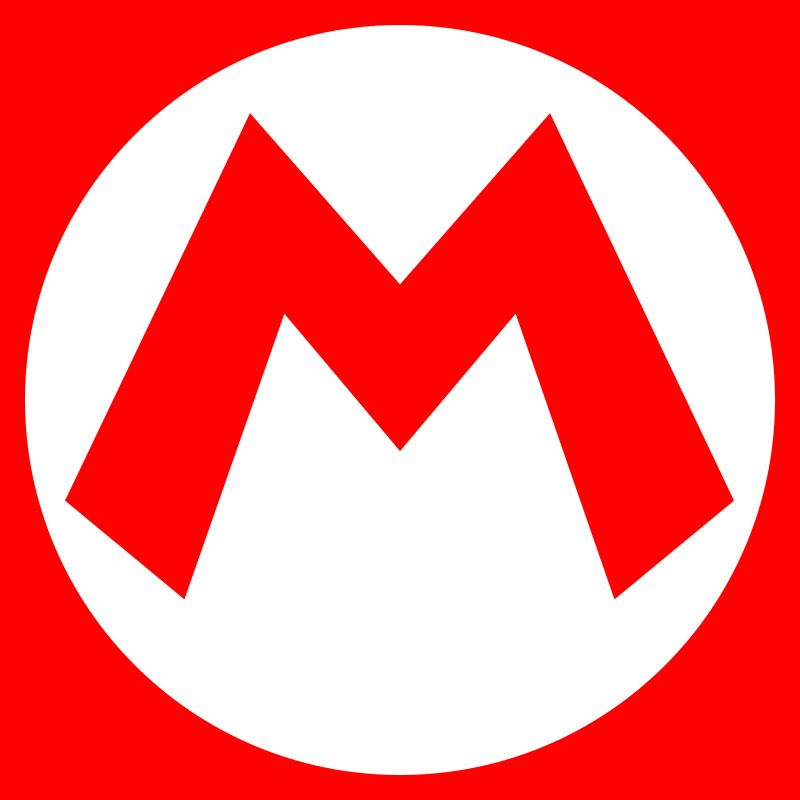
Super Mario Bros.
Super Mario is a platform game series created by Nintendo starring their mascot, Mario. It is the central series of the greater Mario franchise. At least one Super Mario game has been released for every major Nintendo video game console.
- Created by
- Shigeru Miyamoto
- Character(s)
- Mario , Luigi
- Video Game(s)
- Super Mario Bros. , Mario Kart , Paper Mario , Mario Party , Super Mario Run , Mario Golf

